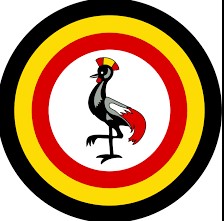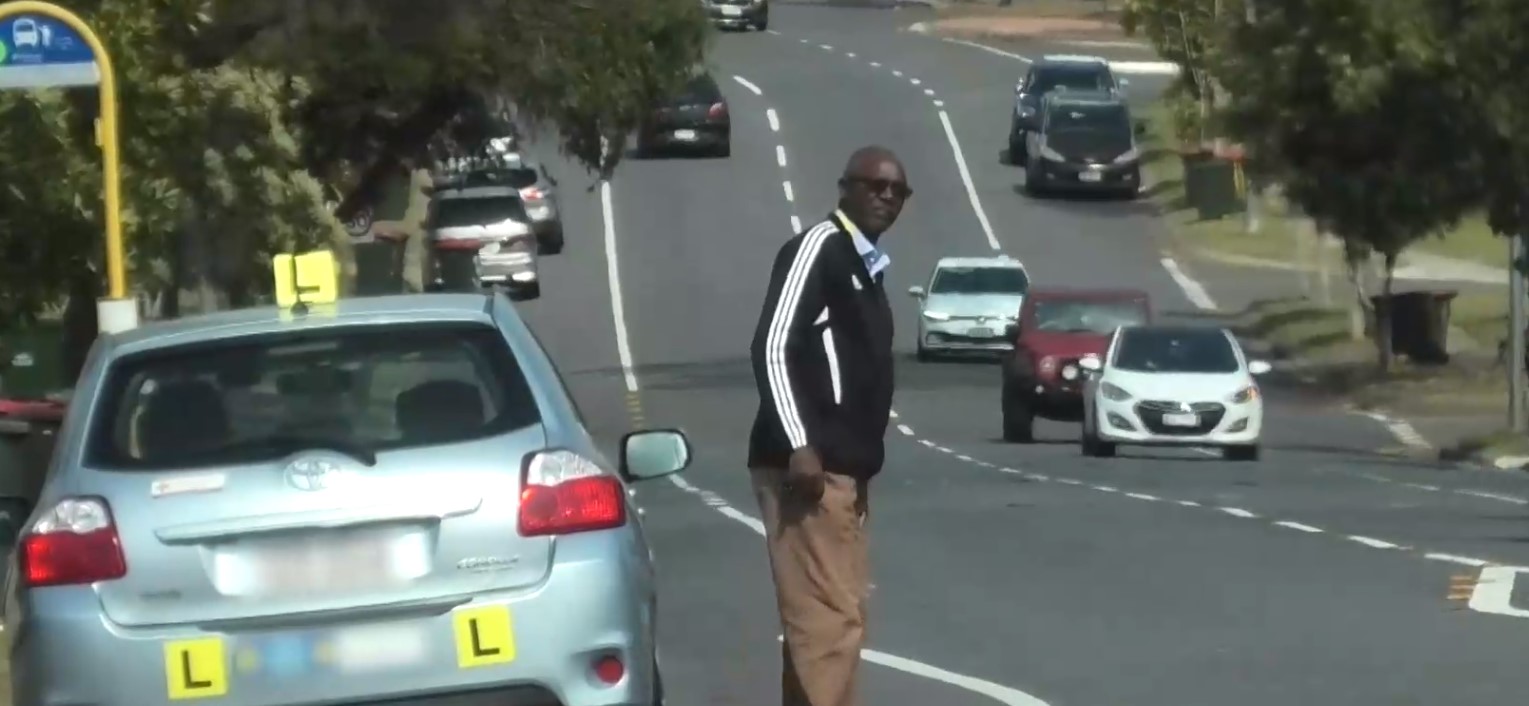International
Crimes committed by genocide suspects exposed by Australian media

Media
houses, The Guardian and ABC News, investigated and exposed two genocide
suspects; Froduald Rukeshangabo and Celestin Munyaburanga, who are currently
living in Australia. The two are accused of involvement in the 1994 Genocide
against the Tutsi in Rwanda.
The
media houses spent a year investigating and, on February 25, revealed that the
two men were found by Rwanda’s transitional justice process to have been
involved in deadly mob attacks against civilians during the 1994 Genocide
against Tutsi. The Rwandan government wants them arrested and tried or
extradited for trial in Rwanda. The duo are accused of involvement in the
genocide. But they live freely, in Australia.
Rukeshangabo
who allegedly participated in mob attacks that killed the Tutsi in the former
Kibungo Prefecture, now Ngoma District, was born in 1956. He has three
children, including Amiel Nubaha, who is one of the prominent genocide deniers
in Australia. Rukeshangabo lives in suburban’s of Brisbane where he works as a
driving instructor.
He
claims to be a victim of “false allegations and smear campaigns”. He did not
respond to specific questions about the allegations or to the Gacaca court
findings, and declined an interview with The Guardian’s investigators.
He
studied at the University of Nyakinama.
Before the 1994 Genocide, he was a school inspector in Ngoma
District. He, according to Genocide
survivors, led the meetings which planned and ordered the killings of the Tutsi
in that region.
In
1994, Rukeshangabo was nicknamed “trophy hunter” for his enthusiasm in hunting
down the Tutsi. He is responsible for the death of more than 600 Tutsi in
Kibungo. After the Genocide, he first fled to Malawi, before proceeding to
Australia.
On
November 11, 2007, Rukeshangabo was sentenced, in absentia, to 30 years in
prison by the Gacaca courts.
Munyaburanga,
a former school headmaster, was born in 1964 in former Gitarama prefecture, now
Nyanza District, Southern Province. He currently suspected to be living in Canberra, in
Australia. Between April 1994 and July 1994, he allegedly committed genocide
crimes with the intention of cleansing the Tutsi in Nyanza.
A 2017
indictment sent by the government of Rwanda to the Australian government,
requested for Munyaburanga’s arrest, pending extradition to Rwanda to face
trial.
Munyaburanga
was complicit, the 14-page document states, in the deaths of 21 named Tutsi
people in Hanika – as well as an unknown number of others not identified.
He was
jailed following the genocide and his case brought before a Gacaca court. He
escaped during his trial, and was convicted, in absentia, by Gacaca, and
sentenced to life in prison.
During
the genocide, Munyaburanga established a roadblock at Hanika with three
soldiers. They then formed a team of youths who would go hunting for the Tutsi
to kill. The older members of the killers stay back to man the roadblock. The
youths would bring the Tutsi to be killed at the roadblock.
The
Tutsi found from their hide outs were always brought to the roadblock where
they were killed by Interahamwe militia.



